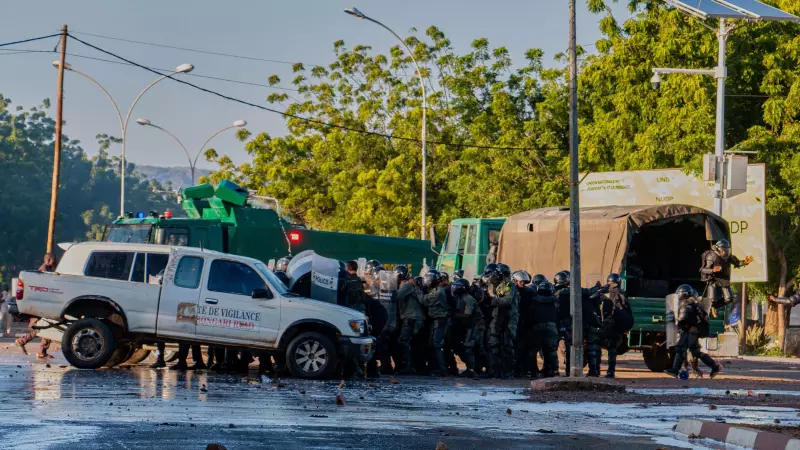
Tensions have escalated dramatically in Cameroon following the recent presidential elections, with opposition groups reporting at least four fatalities during widespread protests challenging the official results.
Deadly Clashes Rock Cameroon
According to opposition sources, security forces opened fire on demonstrators in multiple cities across the African nation, resulting in what they describe as "excessive and unnecessary force" against peaceful protesters. The violence marks one of the most significant political crises in Cameroon's recent history.
Opposition Demands Transparency
Major opposition parties have united in rejecting the preliminary election results, alleging widespread irregularities and voter suppression. Maurice Kamto, leader of the Cameroon Renaissance Movement, has called for international intervention and a complete recount of all votes.
"The people's will cannot be silenced by bullets," declared one opposition spokesperson during a tense press conference in Douala. "We will continue our peaceful resistance until the true election results are acknowledged."
Government Response and International Concern
Government officials have maintained that the elections were conducted fairly and have urged citizens to await the official results from the electoral commission. However, eyewitness accounts describe chaotic scenes in several urban centers where protesters clashed with riot police.
International observers have expressed growing concern about the deteriorating situation. The United Nations and several Western nations have called for restraint from all parties and emphasized the importance of peaceful resolution to the political dispute.
What Happens Next?
The coming days are critical for Cameroon's political stability as:
- Opposition groups plan additional protests
- International diplomatic pressure increases
- The electoral commission prepares final results
- Security forces remain on high alert nationwide
This developing situation continues to draw global attention to Central Africa's political landscape and the challenges of democratic transitions in the region.





